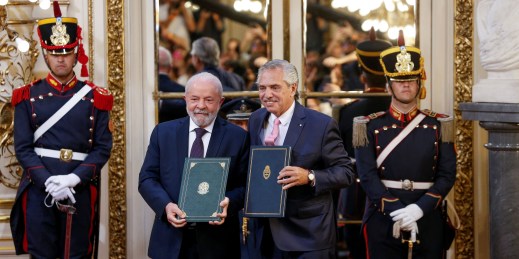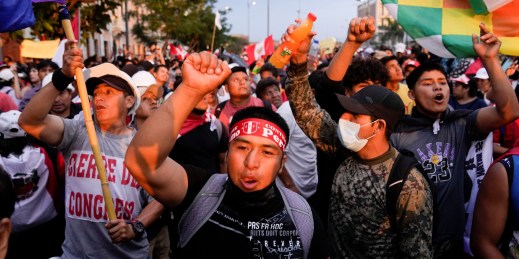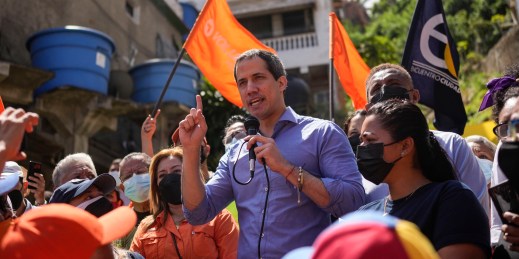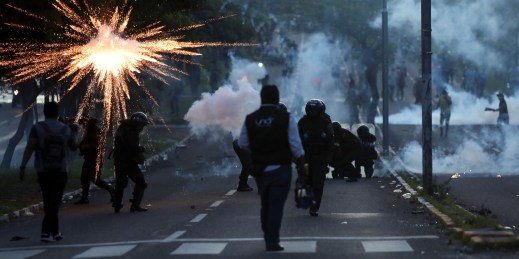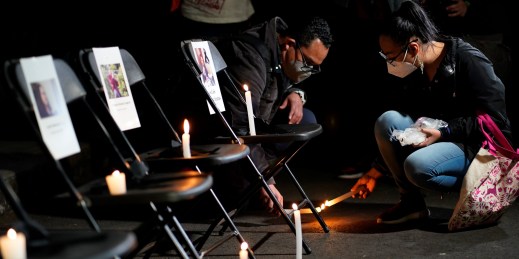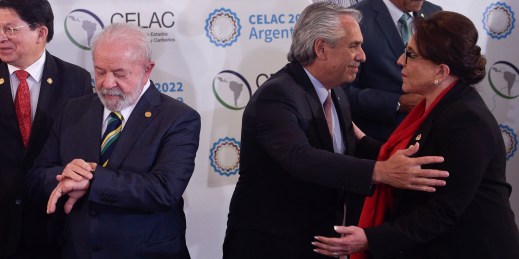
The Community of Latin American and Caribbean States, or CELAC, met in Buenos Aires, Argentina, last week and accomplished little. While the organization is not meaningfully addressing the hemisphere’s problems, let alone solving them, small improvements could lead it to a place where it might be able to in the future.

